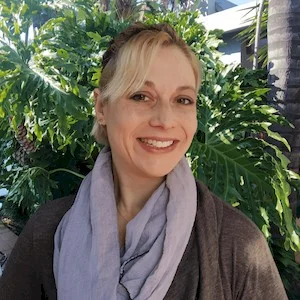
Shared denial and shifting blame sustain addictive behaviour
Are you or your family unintentionally enabling addictive behaviour through shared denial and shifting blame within your relationships?
People with addiction or substance abuse problems use different forms of denial to keep themselves in the addictive cycle. One such denial strategy is called the democratic disease state. Denial can be a dysfunctional protection mechanism which you may use to protect yourself from having to recognise, deal with and accept the reality of what is occurring in your life. This is often unconscious.
To recover from addiction, it is incredibly important to be able to identify denial. The 12 patterns of denial were developed by international addiction expert Terence Gorski.
What Is Denial in Addiction?
Denial is the first issue to address when addicted persons enter treatment or try other ways of recovering from their substance use disorder.
Denial is when someone
- Ignores reality
- Downplays reality
- Distorts reality
Reality is painful and difficult, and the addict turns to substances or other addictive behaviours to cope – i.e., to escape.
In the words of Dr Diamond: “The addict cannot tolerate reality… Neither internal reality nor external reality”. “They find reality repugnant, uncomfortable, and overwhelming, and prefer, like the psychotic, withdrawal into fantasy, bliss, or oblivion over reality.”
The first of the 12 steps of Alcoholics Anonymous, and other 12-step programmes, is completely geared at confronting and overcoming denial: We admitted that we were powerless over alcohol/drugs – that our lives had become unmanageable.
Without truly confronting and overcoming denial, no matter how much you want to get better, denial will trip you up and prevent you from recovering. This can be a tricky process because denial comes in so many forms and has become so normalised to the addict that they struggle to even recognise when they are using a given pattern of denial.
If You’re Worried About Someone
Knowing what to say—and what not to—helps move from crisis to a workable plan.
What Is the Democratic Disease State in Addiction Denial?
“I have the right to destroy myself and no one has the right to stop me”
Even if it is killing them, an addicted person convinces themselves that they have the right to continue use drugs or drink when using this pattern of denial.
This denial pattern uses a more subtle form of self-deception where the person convinces themselves that it is their choice and their desire to use or drink themselves to death, rather than accepting that they have a disease that removes choice and will power when it comes to drugs or alcohol.
The affected person says they admit that drugs and alcohol are destroying their life but that no-one can stop them because they have the legal and human right to continue on this path of destruction.
They convince themselves that they are choosing to die this way.
However, while in active addiction, all choice to stop, once one has started, is removed.
This premise or belief does not take into account the damage a person in active addiction is causing to those around them and to the general public.
Also, people, or the state, do have a right to intervene if the person is causing harm to others and even to themselves.
The democratic disease state keeps a person in denial because they refuse to admit the truth that their addiction is not a choice and it does not only affect them in isolation.
The democratic disease state is a pattern of denial where a person convinces themselves they are choosing to slowly kill themselves through addiction and that they are only harming themselves. If a person breaks this denial pattern they will recognise that addiction is not a choice but recovery is as well as that they have an impact on people around them.
Are you in denial? Get help and contact Changes Rehab JHB today.
Read more about the 12 patterns of denial below:
- Avoidance
- Absolute Denial
- Minimising
- Rationalising
- Blaming
- Comparing
- Compliance
- Manipulation
- Flight Into Health
- Recovery by Fear
- Strategic Hopelessness
Recognise patterns of denial and the democratic disease state that let families share blame and enable addiction so you can confront enabling dynamics together. Changes team counsellors are here to help you.Democratic Disease State Reveals Patterns Of Denial








